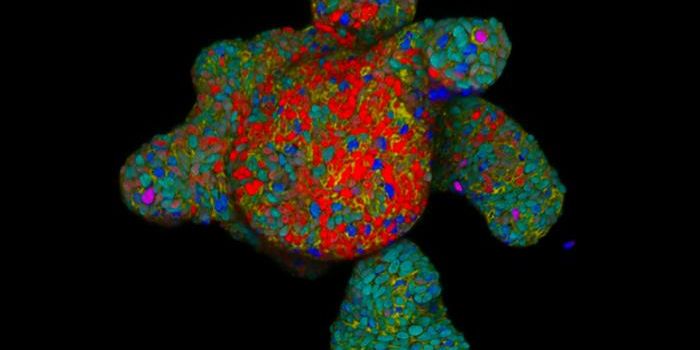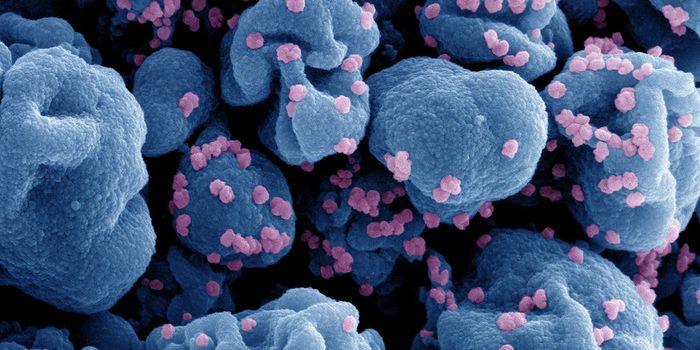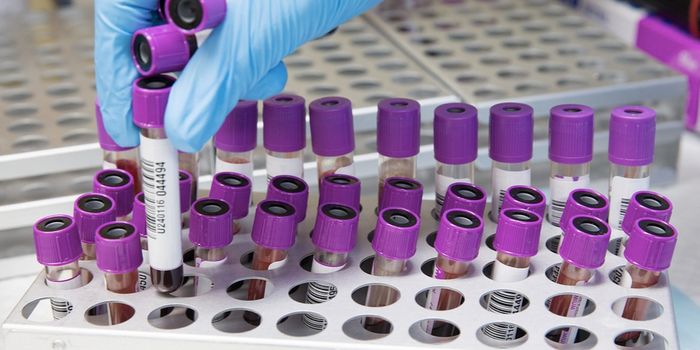ID'ing Kidney Failure Far Sooner with a Biomarker That May Lead to New Treatments
About 90 percent of diabetes patients, which includes 37 million Americans, are at risk for kidney failure. Albumin in urine has been the most important marker of kidney failure, but about half of diabetics do not have albumin protein in their urine when they develop kidney failure. A new study has identified a different biomarker for kidney disease called adenine. This novel marker could help many people get a kidney disease diagnosis five to ten years sooner, which could help clinicians apply treatments that can improve outcomes. The findings have been reported in the Journal of Clinical Investigation.
In this work, the researchers also found a molecule that stops the normal production of adenine in the body. This molecule effectively lowered adenine levels in the kidneys of mice with type 2 diabetes.
"The drug protected against all the major aspects of diabetic kidney disease without affecting blood sugar," said senior study author, Kumar Sharma, MD, a professor and chief of nephrology at The University of Texas Health Science Center at San Antonio, among other appointments. "The study is remarkable as it could pave the way to precision medicine for diabetic kidney disease at an early stage of the disease."
A wide variety of patient populations were included in this study, and the findings remained the same; high levels of adenine in urine samples was linked to an increased risk of kidney failure, said Sharma.
The study authors analyzed patient metabolites, and found adenine near blood vessel scarring in the kidney, and around dying kidney cells. High adenine levels were linked to an increased risk of mortality in study volunteers, which could indicate that adenine is detrimental to other parts of the body too, added Sharma.
Kidney disease can be a serious problem for diabetics, who may think that because they don't have albumin in their urine, they are not at risk. They may have a false sense of security, while the disease is progressing; they aren't diagnosed until the disease is advanced. "And at that time, it is much harder to protect the kidneys and prevent dialysis," said Sharma.
"The death rate is very high, especially in patients with diabetes," Sharma said. "There is about 40 percent mortality within five years in patients with diabetes and kidney failure."
Better treatments for the disease are needed, and this study could help diagnose patients faster, and potentially extend the health of kidneys.
Sources: University of Texas Health Science Center at San Antonio, Journal of Clinical Investigation









